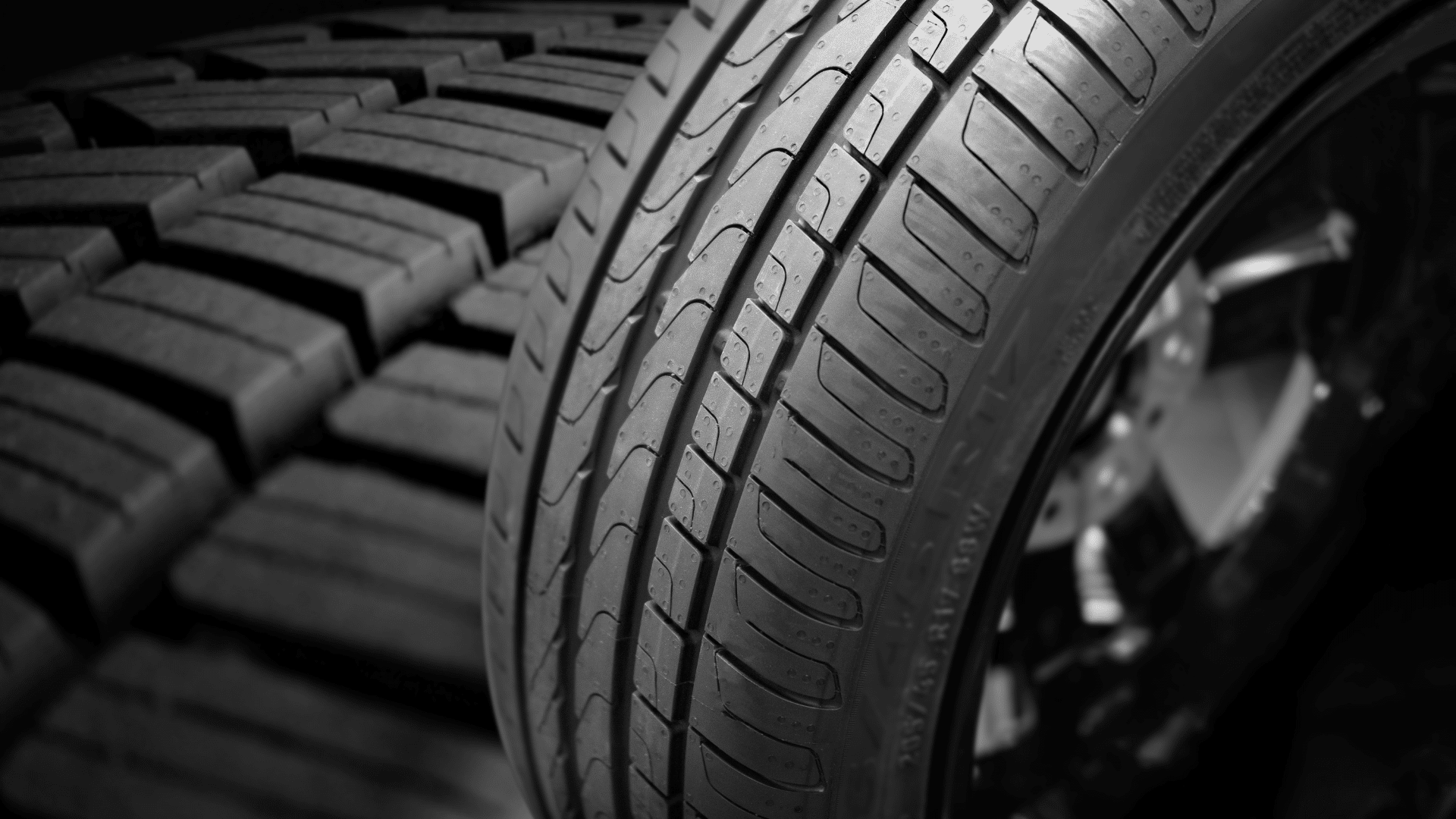
A friend at Monro asked me last year if I could name one company that was in retail, commercial and wholesale tires and excelled at all three. For the life of me, I could not think of one single company. Fast forward to this month and Monro sells their wholesale tire operations to American Tire Distributors for $105 million and enters into a long term tire supply agreement for the tire stores in the Monro retail network.
It was smart of Michael Broderick Monro’s CEO to make this deal early in his tenure. He must have looked at the various segments Monro was in and concluded that the wholesale tire division (which I believe was mostly acquired in past acquisitions) was not core to their business. Making this decision early allows him to free up resources, focus his team on the core retail business and with the ATD deal, improve tire deliveries, reduce costs and drive long term value. He’s clearly putting his stamp on the business and preparing the chain for more store conversions from auto service to tires.
Publicly-traded companies face challenges that many privately-owned companies don’t have in that there are all sorts of ‘activist’ shareholders who invest in public companies to force change. Activist shareholders look for inefficient balance sheets, stalled growth, unclear strategy and questionable investment decisions. Publicly-traded company CEO’s like Broderick need to keep one eye out for the activist shareholders and sometimes make preemptive divestments to proactively keep the business on the best path.
Privately-held companies don’t face the same outside pressure as publicly-traded companies, but they can also benefit from a periodic review of their portfolio of businesses. There are tire dealers of all sizes that have a nice chain of retail stores, but profitability is dragged down by a wholesale division that loses money. When one adds in the carrying cost of the tire inventory and today’s higher fuel costs, the profit picture looks even worse for them. And we’ve all seen great retail companies with unprofitable commercial divisions or large commercial tire dealers with a sprinkling of breakeven retail stores.
It’s pretty clear that each segment – retail, wholesale and commercial – requires different core competencies to be successful. Retail is a people and process business. With wholesale you better be great at logistics. And to survive and grow long-term in commercial tires you better be good at making yourself indispensable to your tire manufacturer of choice so you can be a ‘last man standing’ in that lower margin business.
The tire business is changing faster than ever so every company needs to analyze their strategy and determine how their business fits with that strategy. Consider how the segment fits with the overall vision and mission, how it stacks up against competitors, and how a company’s competencies and financial strength match up to the challenges ahead. Next, look at the underlying business trends and long term growth outlook.
Drilling down further, analyzing Return on Assets Employed (“ROAE”) is one way of determining the relative return one is getting on the assets used in any particular business segment. It’s calculated by taking the net income of the business segment (be sure to fully allocate overhead a fair share of corporate overhead) and dividing it by the assets ‘employed’ in the business segment. Other metrics to consider are a) the cash generated by each segment and whether it’s worth the effort, b) projected profitability and c) expected revenue growth. If it is determined the business segment is no longer a fit, consider whether divesting it as a going concern or selling off those assets makes sense.
One of the benefits that may come from divestment is freeing up capital to invest in higher growth businesses. Or maybe you can use the cash to invest in technology to improve the customer experience? Perhaps even, the company can enter into new geographies? Certainly many companies end up financially stronger, re-energized and more focused after divestment.
Most companies wait too long to divest non-core divisions. Inertia must be one reason. ‘We’ve always done it so let’s just keep on doing it.’ Or perhaps there is disagreement among owners and senior management in family-owned businesses. This is where hiring outside advisers or strategy consultants may make some sense. In every case, it’s always better to sell when a business is healthy and before it really slides. Depending on the size and profitability of a carve-out, private equity may be interested but certainly strategics are good buyer candidates.
A divestment can be disruptive to an organization and cause anxiety among employees. And you certainly don’t want competitors finding out. I always advise keeping the decision to divest extremely confidential until a deal is done. After its announced, communicate regularly with customers, and find a way to keep key employees motivated and incentivized through the period of uncertainty. Make sure that the going forward vision is clearly communicated often.
This article was previously published on Modern Tire Dealer.













